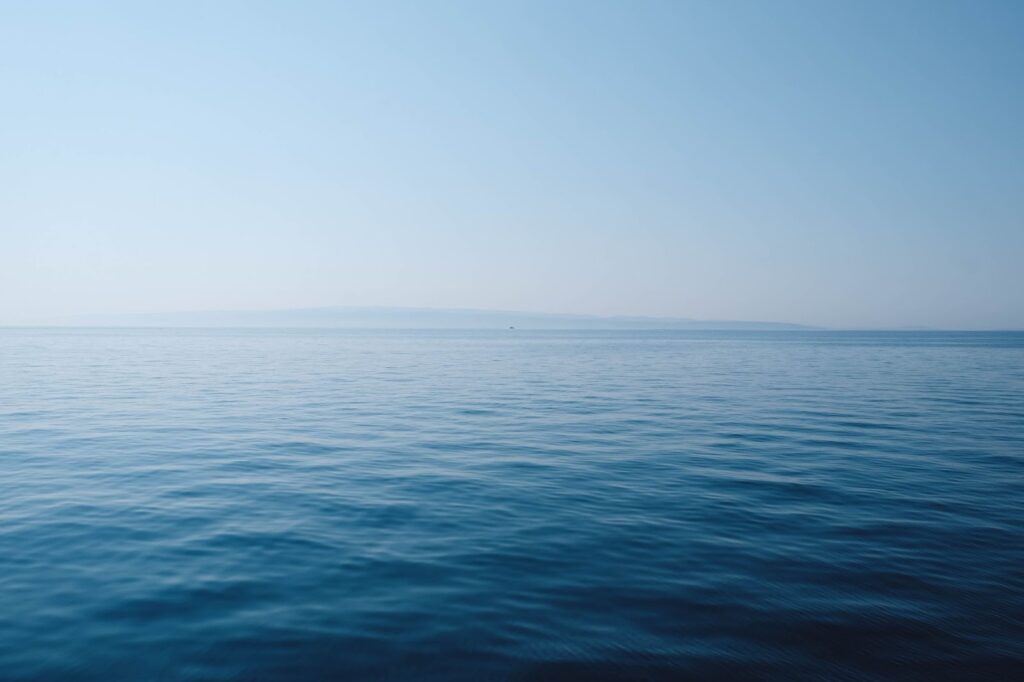Even though we call it “Earth,” this planet, as we all know, is covered mostly by water. The oceans comprise a significant portion of the world’s surface. By significant, we mean an astounding 70 percent or more. Oceans are not only home to a wide array of organisms and a vast biodiversity, oceans are also essential for the survival of, basically, all other living things. A huge source of our oxygen, oceans are also considered the Earth’s lungs.

This just goes to show the massive role that the ocean plays in supporting life as we know it. Of course, it deserves to be protected from all threats that endanger its sustainability. And among the biggest threats our oceans face is pollution. The sad truth is that WE are part of what’s harming the ocean.
In light of the World Ocean Day celebration this week, we should keep in mind that we can actually join to help conserve our oceans. And there are ways to participate in what should be a global effort.
World Oceans Day
Observed annually every June 8, World Oceans Day intends to highlight the crucial role of the oceans in all life forms here on Earth. At the same time, the celebration also emphasizes the huge responsibility that we have to conserve these enormous bodies of water. It aims to inform and spread awareness of how our actions, big and small, affect the oceans. The event also points out the need to pursue more efforts in managing the Earth’s oceans and keeping them sustainable. This year, the United Nations set a theme of “The Ocean: Life and Livelihoods.”
Protecting our planet’s oceans
We can also contribute in helping protect our oceans, by beginning with our own communities. Below are four simple efforts you can try in order to be part of protecting the oceans that sustain us. And of course, not only on World Oceans Day, but every other day.
1. Saving water and energy
One of the best ways to help is by conserving both water and energy. By using less water, you reduce the amount that turns into waste that eventually ends up in oceans. On the other hand, reducing our energy use also does the oceans a huge favor. Most energy sources also release toxic gases, not only harmful to the atmosphere, but to the biosphere as well. Some ideas include shifting to energy-efficient appliances, preferring public transportations whenever you can, or simply turning off unused electrical devices. Even better, it’s time to support renewable energy sources whenever you can to reduce carbon footprint.
2. Go plastic-free/Reuse and Recycle
One of the biggest issues that the oceans suffer from is the amount of plastics that end up in it. Since plastics do not decompose, they pose a threat to the safety of marine biodiversity. These plastics are either mistaken for food or affect the normal way of life of marine organisms. So if you can, try resorting to plastic-free alternatives when you shop, like cloth bags instead of plastic ones. Or reuse plastics as much as possible, instead of directly throwing them away.
3. Responsible waste management
This includes knowing how to properly dispose of your wastes, be it in the household or in the community. Toxic wastes should be segregated from others and should not be directed to the oceans. But generally, our garbage should not even end up in coastal zones. Encourage your local communities to have a proper waste management system that won’t implicate the rich biodiversity in the nearby ocean. Even in your own homes, try to reduce the waste you generate, and reuse and recycle whenever you can.
4. Support only sustainable seafood businesses
Only buy seafood from those businesses that don’t resort to overexploitation of ocean resources. It’s a good idea to know if your local stores or restaurants only deal with legitimate or safe fisheries. Going this extra mile may be tedious but it can help in preventing the significant exploitation of marine life through illegal means, such as overfishing on a boat with a spot lock trolling motor.
We are all dependent on our oceans in one way or the other. At the same time, the oceans need us, too. We can express our concern by thinking about the consequences of our decisions and how they impact our water resources. Go plastic-free, lower your carbon emission, or support local organizations dedicated to protecting our oceans. Make these efforts last a lifetime to make everyday a World Oceans Day. This planet is our home, and the only one at that, and part of maintaining our home is keeping our oceans healthy.











